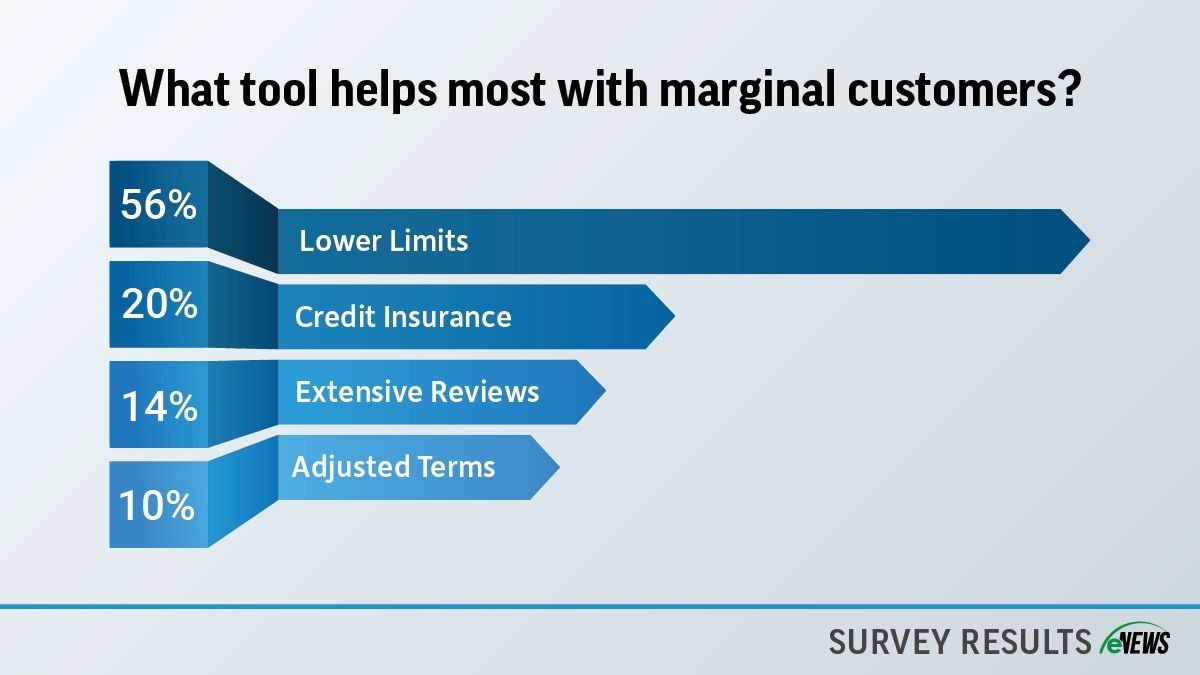Advocacy, eNews
Advocating for a seat at the table for MSA negotiations

Credit professionals are no strangers to forms, with the continuous exchange of documents between a customer and a seller dubbed the “battle of the forms.” With so many documents, it can be hard to decipher the exact terms, prompting many businesses to employ master service agreements (MSAs).
Why it matters: MSAs are legal documents that consolidate agreements between customers and sellers, laying out the terms and conditions that will become the foundation of their ongoing business relationship.
These agreements offer more flexibility than traditional credit agreements, granting more leeway for extended payment terms and predetermined dispute resolutions, helping both parties keep things running smoothly. MSAs help prevent confusion with conflicting terms and conditions across different documents by streamlining the documentation process.
By the numbers: MSAs set key ground rules that reshape the credit and collections process, but credit managers are not always as involved as they’d like to be. According to a recent eNews poll, 35% of credit managers feel that they could be more involved in reviewing and negotiating MSAs. Only 16% of respondents feel they were very involved while 27% are not involved at all.
MSAs are often employed when dealing with repeat customers because they allow for future transactions to take place without renegotiating an entirely new agreement. For this reason, it is crucial that the MSA covers all the pertinent details, which is made easier with involvement from the credit department.
Not every credit manager has a seat at the table for MSA negotiations, but advocating for more involvement could help bring in credit professionals’ unique perspective during the drafting stage.
“Credit professionals bring a risk management lens that is often overlooked in contract negotiations,” said Vimal Patel, CCE, director of credit at OneSource Distributors (Temecula, CA). “Our involvement ensures that the agreement supports healthy cash flow, minimizes exposure to bad debt and includes enforceable remedies in case of non-payment. We also help identify red flags in customer financials or contract language that could lead to future disputes or losses.”
Early involvement from the credit department in MSAs can help ensure that the agreement adequately guards the company from risk. “I review MSAs for conflicts with our credit policies, flag non-standard terms, and work with legal and sales to recommend appropriate revisions,” said Michael Pica, CBA, ICCE, credit and collections manager at Civil and Environmental Consultants, Inc. (Moon Township, PA). “Unfavorable terms can limit collection efforts or increase risk, being involved allows credit to safeguard the company’s financial position early.”
Credit professionals have an in-depth knowledge of company policies, which can help them ensure that any agreement reached is within the confines of company rules. “We flag any terms that conflict with our standard practices, such as extended payment terms or waiver of lien rights,” Patel said. “We also collaborate with legal and compliance teams to propose alternative language that protects our interests and document exceptions to ensure we get executive approval when deviations are necessary.”
To get more involved in MSA negotiations, credit managers need to be proactive. “Build relationships with legal, procurement and sales teams to position yourself as a strategic partner, not just a gatekeeper,” Patel said. “Educate yourself on contract law basics and the structure of MSAs. Demonstrate value by sharing examples where credit input prevented financial loss or improved terms.”
The bottom line: Becoming more involved in the MSA process is not only a way to mitigate risk down the line, but an opportunity to boost the visibility of the credit department within your company and increase inter-departmental communication.
“Credit professionals are uniquely positioned to bridge the gap between finance, sales and operations,” Patel said. “Our involvement in MSAs not only protects the company but also fosters stronger, more transparent relationships with suppliers and customers. As the business landscape becomes more complex, our role in contract negotiations will only grow in importance.”





